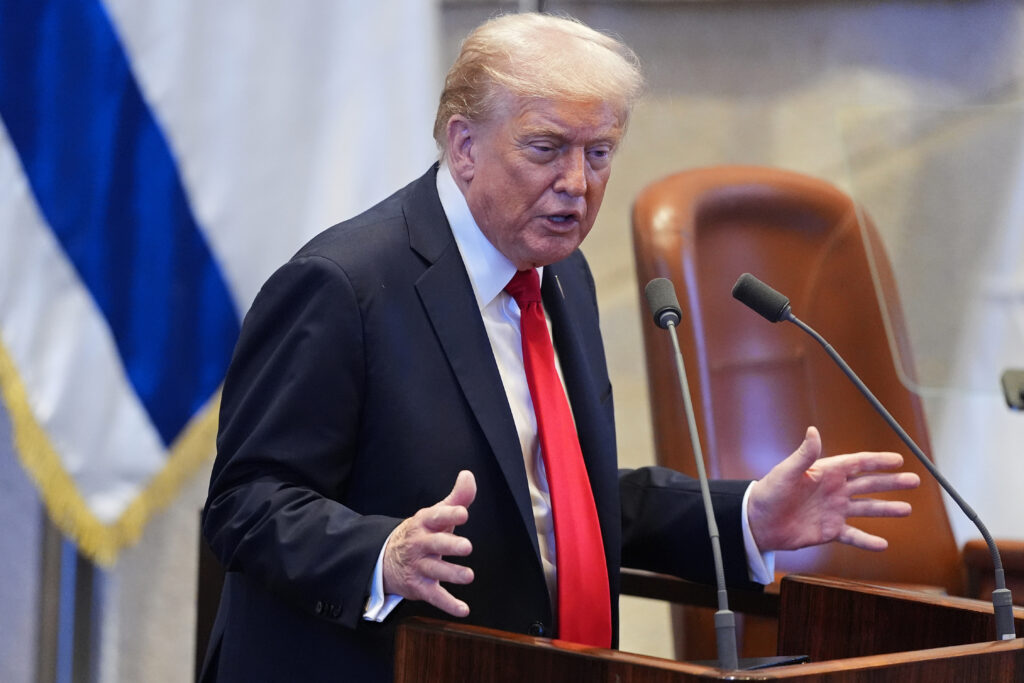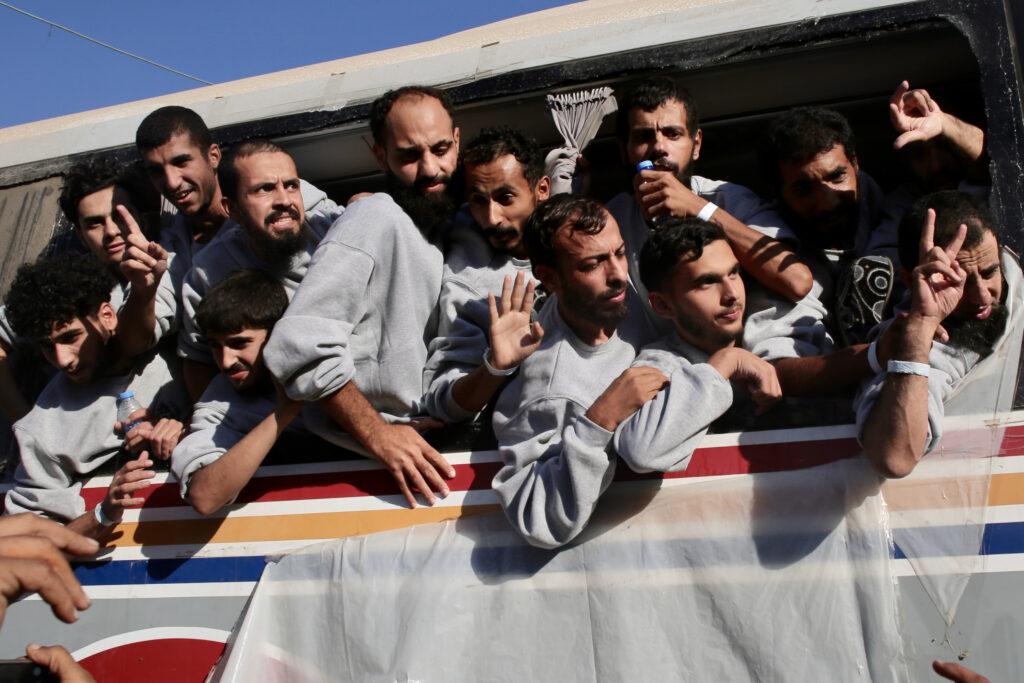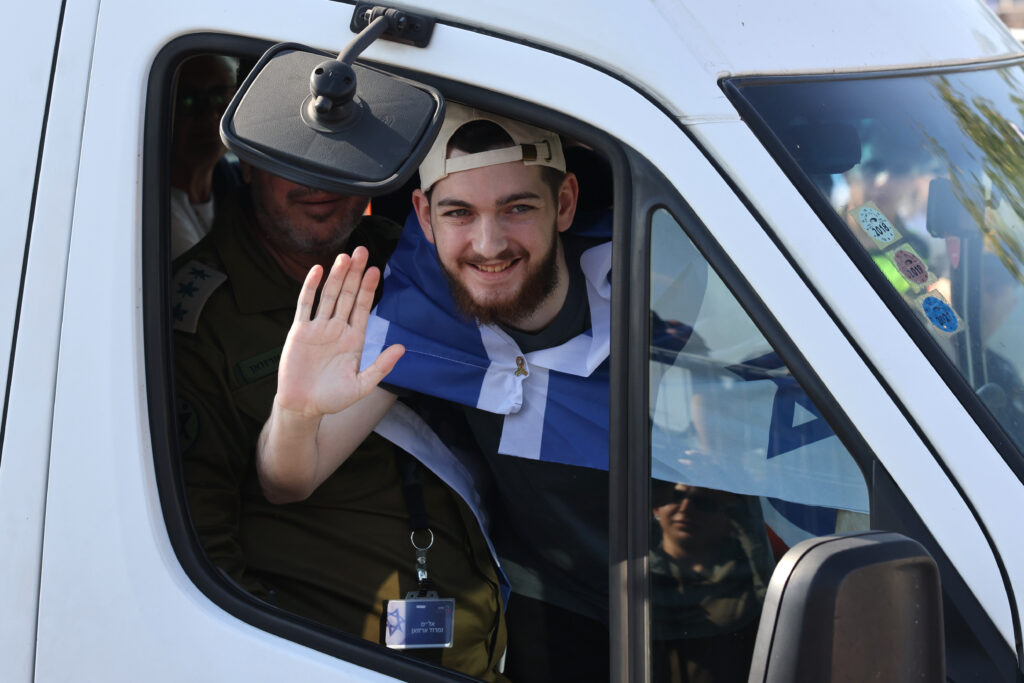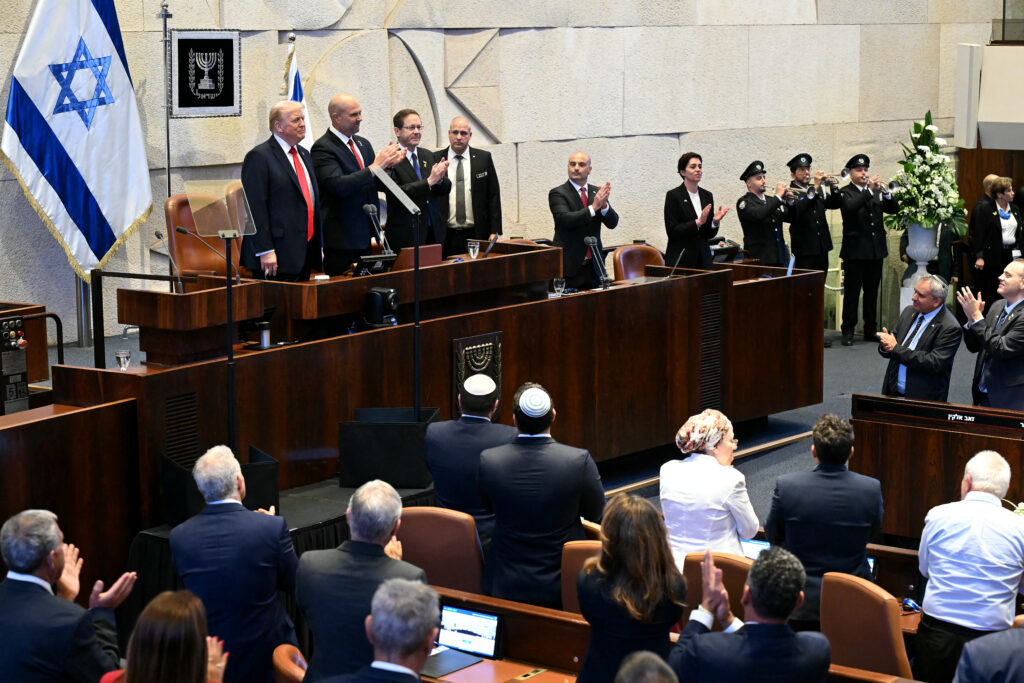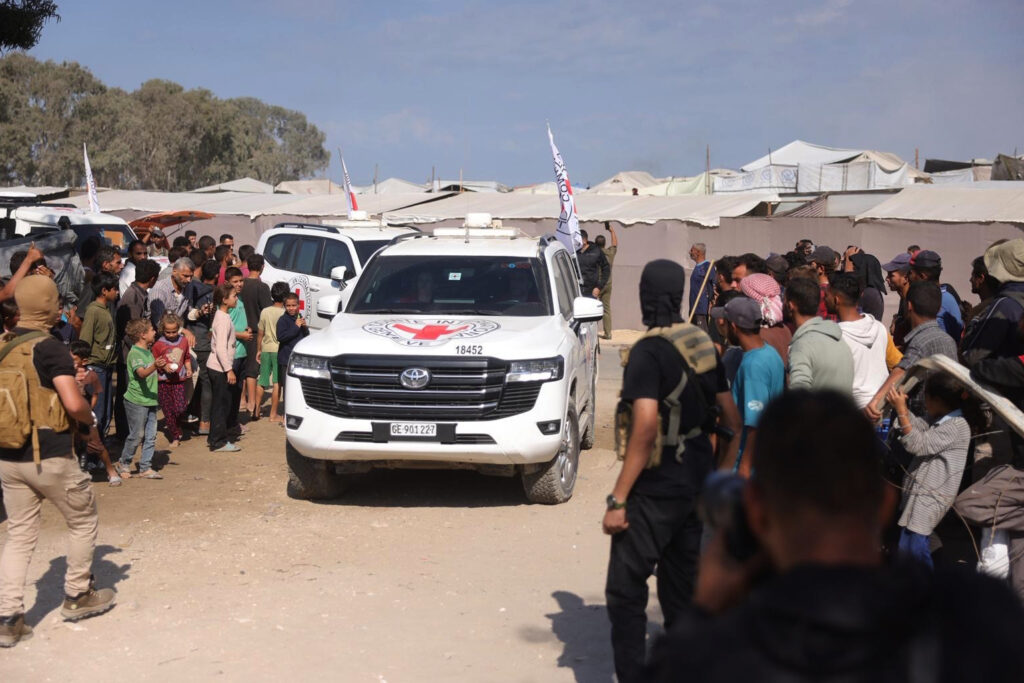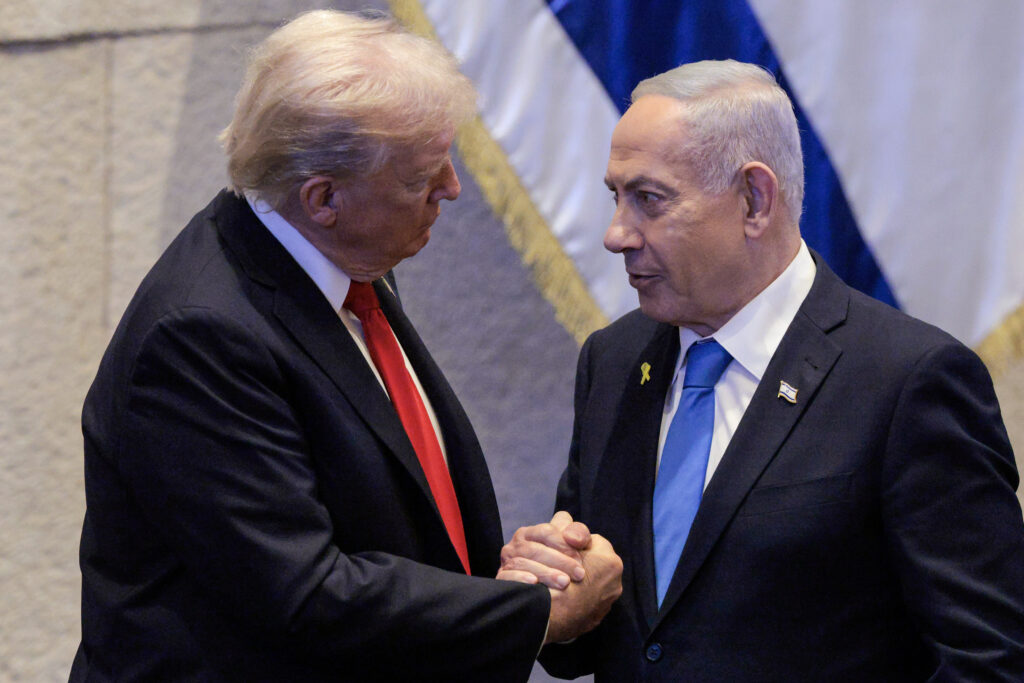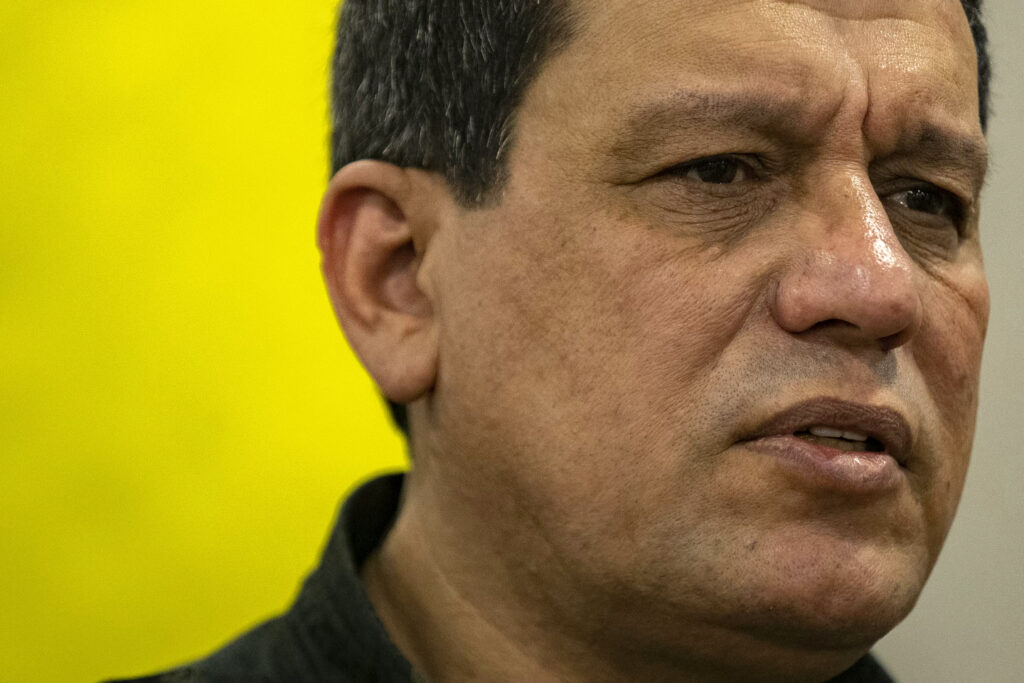Latest developments in the Gaza ceasefire
The United States, Egypt, Qatar and Turkey signed a declaration on Monday at a summit on Gaza as the guarantors of a ceasefire deal aimed at ending two years of war.US President Donald Trump lauded the summit — which he co-chaired with Egyptian President Abdel Fattah al-Sisi — as a “tremendous day” for the Middle East, while Sisi said the Gaza deal opened a “new era of peace and stability” for the region. Earlier on Monday, Trump gave a speech to Israel’s parliament following the return of 20 surviving hostages held by militants in Gaza. Israel freed nearly 2,000 mostly Palestinian detainees as part of the ceasefire agreement, with Hamas hailing their release as a “national milestone” in the Palestinian struggle.The health ministry in Hamas-run Gaza said Monday that the death toll from the Israel-Hamas war had reached 67,869, as it continued recovering the bodies of those killed during the war. The United Nations considers its figures to be reliable.Here are the latest developments:- Gaza summit -World leaders at a summit in Egypt signed a declaration as the guarantors of a Gaza deal aimed at ending the war.”Together we have achieved what everybody said was impossible. At long last, we have peace in the Middle East,” Trump said in a speech in the resort town of Sharm el-Sheikh.”This is a tremendous day for the world, it’s a tremendous day for the Middle East,” he said in the presence of more than two dozen heads of state, government and international organisations. Sisi said the Gaza deal “opens a new era of peace and stability” for the region and marked a “historic day” that set the stage for a two-state solution.He added that his country would host a conference on the reconstruction of Gaza.After the Egyptian presidency initially announced Benjamin Netanyahu’s expected attendance, the Israeli leader said he was unable to go because the summit coincided with a Jewish holiday. Three sources told AFP Netanyahu was forced into the rapid diplomatic about-face as some leaders at the summit balked at the prospect of having to rub shoulders with him.Hamas was not represented at the gathering, though Palestinian president Mahmud Abbas, whose movement rivals Hamas, did attend.- Hostage-prisoner exchange -As part of Trump’s plan to end the Gaza war, Hamas on Monday freed the last 20 surviving hostages it held after two years of captivity in Gaza.In exchange, Israel released 1,968 mostly Palestinian prisoners held in its jails, its prison service said.Hamas hailed the release, calling it “an achievement that marks a bright national milestone in our ongoing struggle for freedom and liberation”. Israel confirmed all 20 living hostages had returned to the country, with a series of posts on X that read: “Welcome home”.Under the ceasefire agreement, Hamas is also due to return the bodies of 27 hostages who died or were killed in captivity, as well as the remains of a soldier killed in 2014 during a previous Gaza conflict. The bodies of four Israeli hostages were handed over to the Red Cross by Hamas on Monday. Israel has said it does not expect all of the dead hostages to be returned the same day.- Trump speech -Trump visited Israel on Monday, where lawmakers greeted him with a standing ovation as he entered the Knesset, with Netanyahu calling him the “greatest friend” Israel has ever had in the White House.In his speech to parliament, Trump called the hostages’ release an “incredible triumph for Israel and the world”, paying credit to mediators from Arab and Muslim nations for pressuring Hamas.He also urged Palestinians to “turn forever from the path of terror” following the failure of “jihadism and antisemitism”, and vowed that the United States would “never forget” Hamas’s October 7 attack.”For so many families across this land, it has been years since you’ve known a single day of true peace,” he said.”Not only for Israelis, but also for Palestinians and for many others, the long and painful nightmare is finally over.”- Hamas post-war role -While the ceasefire and initial releases were welcomed by Israelis, Palestinians and others around the world, the coming phases in Trump’s plan for Gaza are likely to prove more complicated to implement.A Hamas source close to the group’s negotiating committee told AFP on Sunday that it would not participate in governing post-war Gaza.The source, who requested anonymity to discuss sensitive matters, said the movement has “relinquished control of the Strip”, but stressed it “remains a fundamental part of the Palestinian fabric”.Another Hamas official, also speaking on condition of anonymity, earlier told AFP the militant group’s disarmament was “out of the question”.burs-amj/smw
